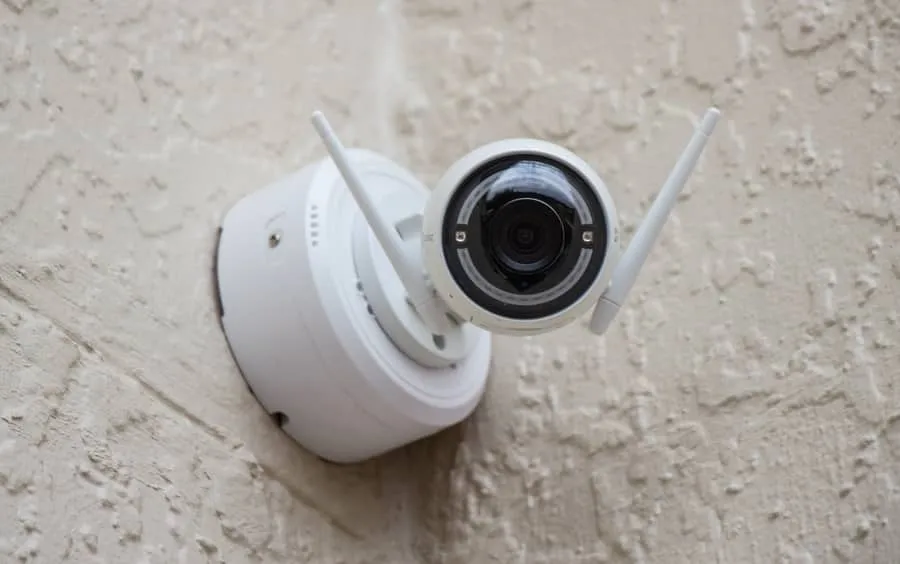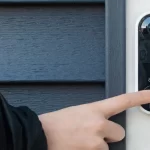
Installing a Home Security Camera is an easy way to protect your home and family. They are affordable and easy to install. They record video when motion is detected, and some even have night vision. Some can be connected to a security system to help you monitor your home while you’re away. These devices can be used for multiple purposes, including monitoring your children, keeping an eye on your pets, and ensuring your home is protected against vandalism and theft.
When choosing a security camera, be sure to choose a high-resolution model. Most home security cameras offer at least 1080p resolution, but you can always go higher if you’d like to be able to zoom in more clearly. However, be aware that while higher resolution cameras are better, they’re likely to use more bandwidth and battery life. Also, look for a camera with software zooming capabilities.
Another thing to consider when purchasing a Home Security Camera is its Wi-Fi compatibility. Many cameras are compatible with wireless networks and can be moved around the house without losing their Wi-Fi connection. Others come with an ethernet port so they can be hardwired to the local network. The latter will also eliminate the need for an AC adapter, allowing you to use only one cable.
Home Security Cameras need adequate ambient light to capture clear images. While natural light is best, if this is not available, artificial ambient light is recommended. Floodlights and light fixtures can provide extra illumination indoors and outdoors. Many cameras come with an integrated spotlight that lights up the scene it is viewing. This ensures the clearest possible image capture.
When purchasing a Home Security Camera, it is also important to consider the battery life. Depending on the features of the camera, the battery can last anywhere from one to a few months or even a whole year. Some cameras have rechargeable batteries, while others require you to remove the camera from the wall to recharge them. Some cameras can also be recharged through mains power.
Many Home Security Cameras also come with features that allow you to receive notifications when events occur. Some cameras can send notifications to your phone by text or email if they detect motion or sound. In addition, some of these cameras have geofencing capabilities, which allow them to alert you when the camera senses certain frequencies. Some can even notify you if there are smoke alarms or other unusual activity inside your home.
Most Home Security Cameras use Wi-Fi for connectivity, while some incorporate Bluetooth and home automation networking standards. Most models pair with a companion app. Some also offer access to recorded footage through a web portal.











